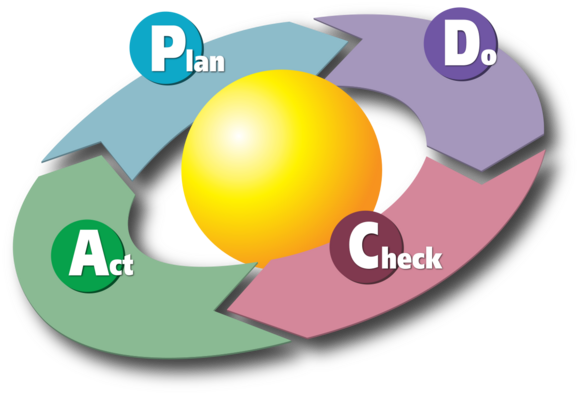2026-01-26 12:11:09
Every non-hype defense of #LLMs starts with "you must already understand your work really well." But the people vibe coding prototypes *don't*.
As a result they scale up thoughtlessness. "Bulking out" a slapdash idea with hallucinated details only displaces the real thinking that could have led to actual innovation. The very teams the tool was supposed to help instead…




